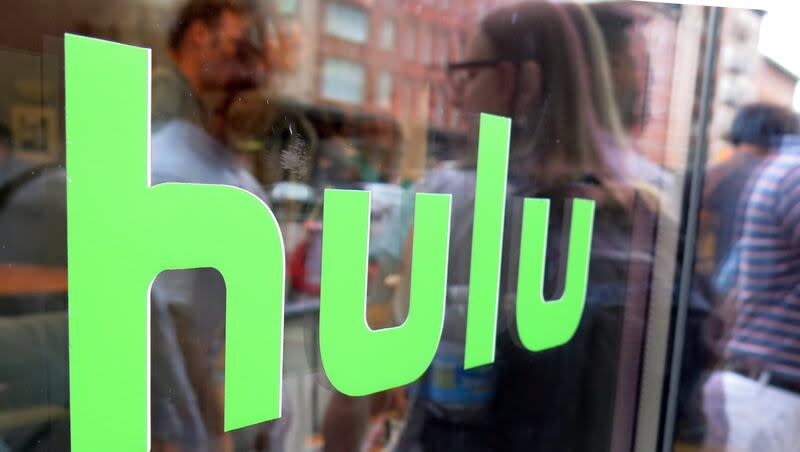Hulu will air church’s ad, days after calling it ‘religious indoctrination’

Hulu has agreed to air an ad from a Texas church that it originally flagged for “religious indoctrination.”
The church shared the news through its attorneys on Wednesday, two days after it send a demand letter to Hulu asking the streaming platform to be more transparent about its advertising policies.
“We are grateful to Hulu for its quick response to our demand letter and for accepting Hulen Street Church’s ad,” said Jeremy Dys, senior counsel at First Liberty Institute, in Wednesday’s press release.
Hulu conflict
Monday’s demand letter asked Hulu to clarify why it had refused to air the commercial from Hulen Street Church in Fort Worth.
The church claimed it followed Hulu’s rules for local advertisers but was still unable to promote its new Thursday night worship program on the streaming service.
“Hulu’s customer service said that the ad violated policies against ‘Religious Indoctrination due to asking viewer(s) to attend Thursday services,’” the demand letter explained.
Hulu ad guidelines
The letter noted that a prohibition on or definition of “religious indoctrination” does not appear in Hulu’s publicly available advertising guidelines.
“Despite being accepted as an approved advertiser on the platform, Hulen Street Church first learned Hulu even had such a policy when Hulu invoked it to reject the Church’s Thursday night service ad,” the First Liberty Institute letter reads.
Hulu’s advertising guidelines do say that the streaming service reviews potentially controversial ads, including political ads, and rejects commercials that are offensive or discriminatory.
“Religion and religious themed ads” are among those that “will be considered on a case-by-case basis,” Hulu’s guidelines explain, noting that a number of other types of ads are considered with the same level of sensitivity, including alcohol ads, sports betting ads and ads for “black magic” or astrology services.
Religious ads
Rules for faith-based advertising have caused controversy before, including in 2017, when transit officials in Washington, D.C., rejected a proposed ad campaign from the Catholic Archdiocese of Washington that would have run on public buses.
The Christmas-themed ad “showed the silhouette of three shepherds and sheep accompanied by the text, ‘Find the Perfect Gift,’” according to The Associated Press. Transit officials said it violated a policy against issue-oriented ads.
The archdiocese sued, seeking a policy change. But a federal appeals court upheld the ad policy and the Supreme Court declined to get involved, The Associated Press reported.
Since the transit authority is a public agency, the archdiocese had more legal options than Hulen Street Church would have had in its fight against Hulu, which is a private company.
In an interview with Fox News, First Liberty Institute attorney Jeremy Dys acknowledged that, due to its private status, Hulu is free to reject ads.
But in Monday’s demand letter, First Liberty Institute argued that the Supreme Court’s ongoing cases on social media censorship could make it easier to hold streaming services accountable.
“Companies, candidates, and even churches rely on advertising platforms to share their views and advertise their products, and ad platforms should not have unilateral discretion to filter out advertisers like Hulen Street Church. Just like a telephone company and the post office can’t filter what messages are permissible on that basis, the same rules should apply here,” the letter says.
In Wednesday’s statement, Dys reiterated that privately held companies should be just as interested in being fair to faith groups and public organizations.
“In the future, Hulu — and others in Big Tech — could avoid these kinds of conflicts by adopting advertising policies that do not discriminate against religious organizations, being transparent about its advertising policy, and applying it fairly,” he said.

